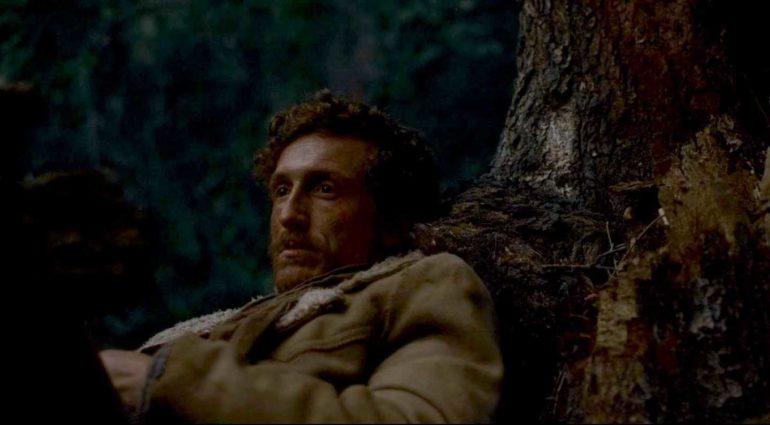REI Cine, Snowglobe, Cine-Sud Promotion Board Quijote’s ‘The Settlers’ (EXCLUSIVE)
By John Hopewell
LOS ANGELES (Variety.com) – MADRID — Selected for this year’s Cannes Atelier, Felipe Gálvez’s Chilean Western “The Settlers,” one of the most buzzed-up projects to come out of Chile in recent years, has attracted three of the most successful production partners currently working in Latin America: Argentina’s REI Cine, Denmark’s Snowglobe and France’s Cine-Sud Promotion.
Lead produced by Chile’s Quijote Films, “The Settlers” hits Cannes having won in November the 2018 TorinoFilmLab, one of Europe’s key co-production prizes.
The Quijote-REI Cine partnership won financing from the Chile-Argentina bilateral co-production fund.
Written by Gálvez, and scheduled to shoot in tierra del Fuego and Patagonia in March 2020, “The Settlers” is set in 1901 as Segundo, a mixed-race Chilean, rides south on an expedition led by MacLenan, a former Boer War English captain and Bill, an American mercenary, to fence off land granted to Spanish landowner José Menéndez. They brutally – and euphorically -slaughter a settlement of indigenous Onas, abducting a teen Ona girl, Klepja, on the way back. Eight years later, in a third act epilogue, an envoy, Vicuña, is sent to the newly settled lands.Segundo see him a chance to assuage his guilt, confessing his crimes. But Vicuña turns a deaf ear, produces a camera and proceeds to film Segundo, Klepja and their children, framed as an exemplary family of now “civilized” Chileans.
“The Settlers” is thoroughly researched, inspired by a judicial investigation of a massacre of Ona tribespeople in 1893.
Written under the strong influence of John Ford’s “The Searchers,” Galvez has said, it details not only how Chile’s South was won, by acts of genocide, but how that carnage was then passed off as part of a larger narrative of a nationalist act of “civilization,” which relegated many such as Segundo and Klepja to the margins of society.
“It was private-sector companies, with the collusion of the state, which carried out the genocide. says Nasi, adding the film suggests the difference between truth and history, which finally becomes the truth for a nation. “In a world of populist governments and nationalism, this is highly relevant for today,” Nasi said.
“We’ve been closely following Felipe Gálvez’s work for more than five years now and it’s a pleasure to be able to board such a piercing and clever film,” said Benjamín Domenech, at producer-partner at Rei Cine.
“Felipe’s vision is instilled with a poignant beauty, speaking loudly about our Latin American identity and how this was carved out of cruel acts and desperate resignation.”
producer Katrin Pors added: “Felipe Gálvez has proven to be one of the directors to follow both for his talent and personal style. We are therefore extremely proud to be part of his first feature partnering up with two of Latin America’s best production companies.”
Europe’s go-to producer for Colombian productions, Ciné-Sud Promotions productions include Ruben Mendoza’s “The Stoplight Society” and “Wandering Girl” and César Augusto Acevedo’s “Land and Shade,” which swept Cannes Critics’ Week in 2015.
Headed by Benjamin Domenech, Santiago Gallelli, and Matías Roveda, Buenos Aires-based Rei Cine produced Lucrecia Martel’s “Zama” and Gonzalo Tobal’s 2018 Venice competition player “The Accused,” a strong sales performer for Film Factory Entertainment.
Snowglobe’s credits take in Joaquin Trier’s “Thelma,” Amat Escalante’s “The Untamed,” Ciro Guerra’s “Birds of a Passage” and most recently Jonas Arnby’s “Suicide Tourist,” starring Nikolaj Coster-Waldau (“Game of Thrones”).
REI Cine and Snowglobe are teaming to produce Pablo Fendrik’s “Brother Danger” which took the best project award at at last September’s San Sebastian’s Europe-Latin America Co-Production Forum.

